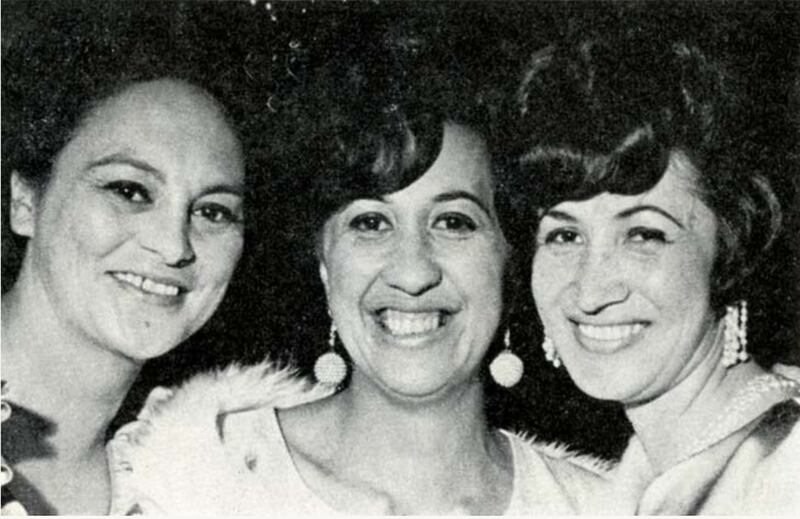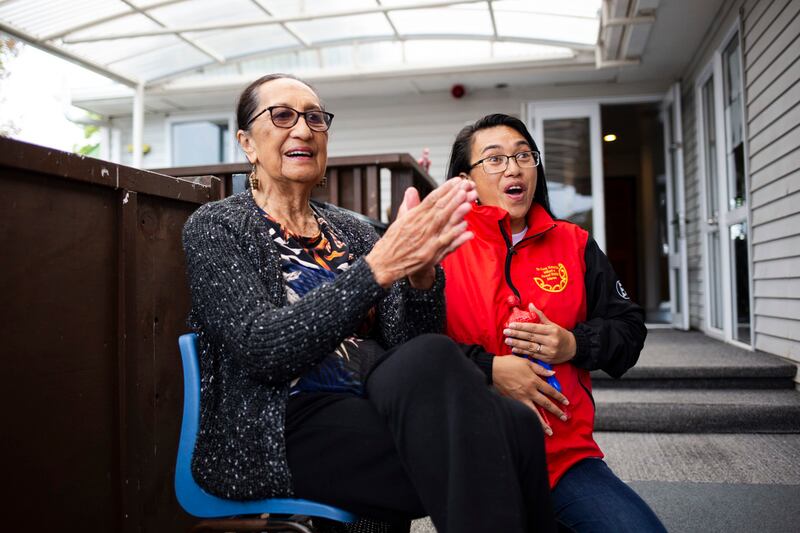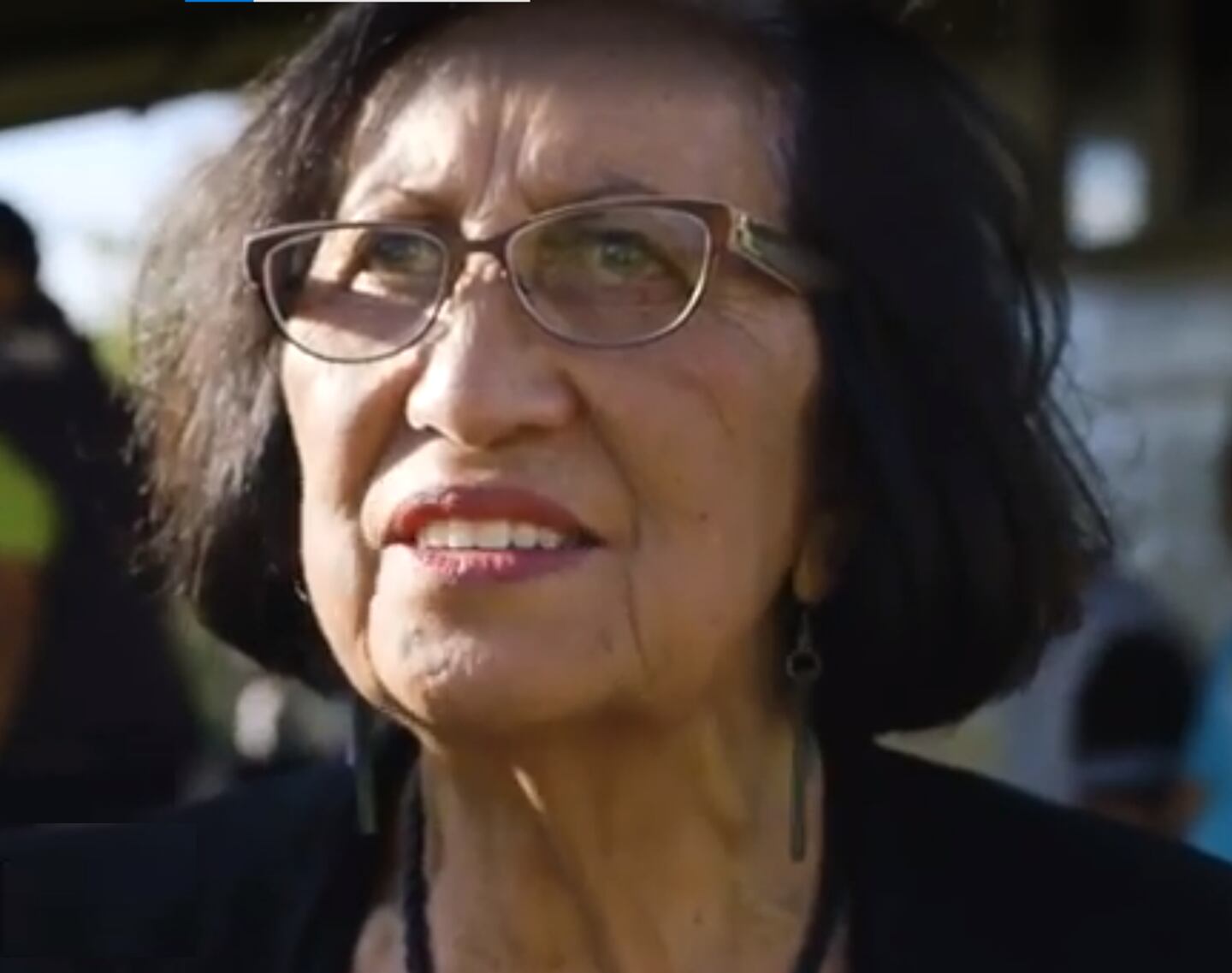I am late getting this story together about Ereti ‘Letty’ Brown of Ngāti Porou and Te Whānau ā Apanui, who is now an Officer of the New Zealand Order of Merit.
I should have finished it yesterday but I was in Gisborne with my mokopuna, reinforcing my importance in their lives because they’re in their ‘tween’ years and I may become less relevant once the hormones kick in.
So I’m hopeful Letty will forgive the delay. Because at age 85, she’s given decades of her own life to improving the lives of hundreds of Māori families and elevating the voices and influence of Māori women.
The title ONZM officially recognises her services to Māori and early childhood education, which began in the 1950s as the only Māori mother at the local playcentre in Te Atatū, where Letty and her husband Hone Brown (Ngāti Hine) lived with their children.
“Even though there were a lot of Māori families living in Te Atatū I found out that they were too shy to bring their children because they felt uncomfortable around Pākehā.”
So separate sessions for the Māori kids were set up—they were a hit—and pretty soon all the parents were involved, says Letty.
The Māori ‘mother ship’ joined school committees in West Auckland, recruited Māori teachers and introduced Te Reo Māori and kapa haka. Their kids thrived.
“I believe the most powerful influence we have as women and mothers, starts in the home with the love and values our whānau grow up with,” says Letty. “I wanted to re-create the things I most valued about my upbringing in Te Araroa.”
In the 1960s, she helped build Hoani Waititi marae, became a founding member of the kapa haka Manutaki, and the secretary of Te Atatū Māori committee. In 1968 Letty was named Young Māori Woman of the Year by the Māori Women’s Welfare League.

By the 1970s, she had another vocation – the street kids of Auckland’s inner-city. She worked with community leaders Ana Tia, Betty Wark, Dulcie Cooper, Jim Ransfield and Fred Ellis and says the closure of Bollard Girls and Ōwairaka Boys homes where many had been abused is one of their greatest achievements. Letty ensured judges were aware of their work supporting young Maori offenders and arranged advocates for their court appearances and care by Māori community providers.
In the early 1980s, Kōhanga Reo was in its infancy. Letty was appointed as one of the first regional coordinators in Auckland and also ran her own kōhanga up until 1999.
“It was a ground-breaking kaupapa that would inspire and grow a generation of young people committed to the protection and revitalisation of our language and tikanga, traditions and values.”
It’s timely to include here that Tukoroirangi Morgan and Tau Henare have the privilege of being Letty’s sons-in-law. Her mokopuna were graduates of kōhanga reo and Te Kura Kaupapa Māori o Hoani Waititi, the first urban kura set up by Sir Pita Sharples in 1985.

At the turn of the 21st century, Letty switched to Te Puna Reo and set up the first of 59 Māori immersion early childhood centres in the country, Te Puna Reo o Manawanui.
“We must give our children a sense of identity and belonging,” she urges, “so they can live confidently and successfully in the world.”
It was another step dedicated to her family and community, and passing on the cultural values that have defined her as a proud Māori woman, to her mokopuna and tuarua.
I want to be just like her.

